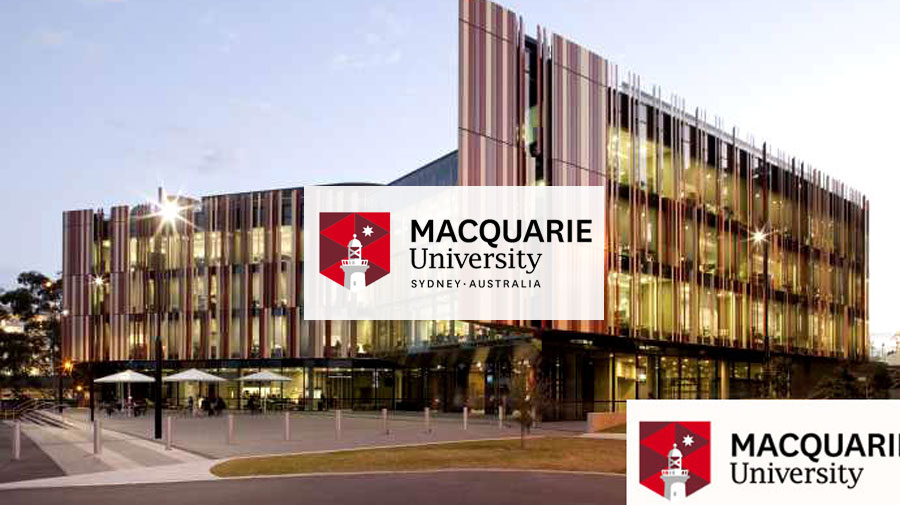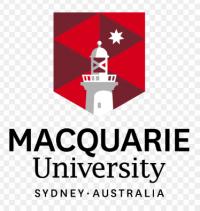Bachelor of Actuarial Studies
Actuaries specialise in applying mathematical, statistical and financial analysis to business, finance and insurance. Actuaries advise government, financial institutions and other organisations on financial management, risk management, product design and complex transactions. They are key to helping financial institutions and other businesses all over the world to prosper. In this professionally accredited course, you'll learn how to apply mathematical, statistical, economic and financial analysis to a range of practical problems in long-term risk management, finance and insurance.
KEY FEATURES
- You'll complete part, or all, of the Foundation level and the university component of the Associateship level professional qualifications of the Actuaries Institute, subject to demonstrating superior academic performance in the relevant units.
- You'll undertake a range of units in actuarial science, statistics, finance and economics.
- You'll have the opportunity to complete a capstone unit.
- Macquarie is recognised as a Centre of Actuarial Excellence by the Society of Actuaries.
Campus Information
North Ryde
Sydney New South Wales 2109 Australia
Intakes
- Feb
Application Processing Time in Days: 7
Application Process
Minimum English Language Requirements
| English Level Description | IELTS (1.0 -9.0) | TOEFL IBT (0-120) | TOEFL CBT (0-300) | PTE (10-90) | |
|---|---|---|---|---|---|
| Expert | 9 | 120 | 297-300 | 86-90 | |
| Very Good | 8.5 | 115-119 | 280-293 | 83-86 | |
| Very Good | 8 | 110-114 | 270-280 | 79-83 | |
| Good | 7.5 | 102-109 | 253-267 | 73-79 | |
| Good | 7 | 94-101 | 240-253 | 65-73 | |
| Competent | 6.5 | 79-93 | 213-233 | 58-65 | |
| Competent | 6 | 60-78 | 170-210 | 50-58 | |
| Modest | 5.5 | 46-59 | 133-210 | 43-50 | |
| Modest | 5 | 35-45 | 107-133 | 36-43 | |
| Limited | 4 | 32-34 | 97-103 | 30-36 | |
| Extremely Limited | < 4 | < 31 | < 93 | < 30 |
Job Opportunity Potential
Studying hard and getting great marks doesn’t guarantee you a job. Most employers expect applicants to be skilled and experienced in the workplace. Working while you study is an excellent way to build your employability skills and gain life experience.
Why does it?
Employers appreciate any full-time, casual, or part-time experience like working in hospitality or retail, on a reception desk, or even in construction. They value this kind of experience because it shows that you can be responsible and professional. Working while you study builds professional skills that are essential for professional roles:
- Time management
- Teamwork
- Customer service
- Attention to detail
- Working independently
- Showing initiative
- Communication (verbal and written)
Working on and off-campus
CareerHub is Macquarie’s jobs portal, connecting you with external organizations that offer part-time, casual, full-time employment opportunities as well as internships, cadetships, and volunteer experience.
Finding an on-campus job is often ideal as it centralizes both study and work, but opportunities on-campus are limited. Opportunities can be found here:
- Campus Life manages the university's Sport and Aquatic Centre, Food and Shopping, Children's Services, Event Planning, and more.
- For other administrative, professional, and academic-related opportunities within departments and faculties, visit the university's employment page.
Here is a list of some of our favorite job search websites for opportunities across multiple industries.
PSW Opportunity
After completion of Bachelor's degree student is eligible for 2 years PSW.
Admission Requirement / Eligibility Criteria
- Course Code: 067838M
- Course Type: Full Time
- Course Level: Bachelors/UG Degree
- Duration: 04 Year
-
Total Tuition Fee:
129600 AUD
Annual Cost of Living: 24505 AUD
Application Fee: N/A
Similar Programs
- Bachelor of Business and Bachelor of Psychology at Macquarie University (MQU)
- Bachelor of Business Administration and Bachelor of Psychology (Honours) at Macquarie University (MQU)
- Bachelor of Business at Macquarie University (MQU)
- Bachelor of Business Administration and Bachelor of Laws at Macquarie University (MQU)
- Bachelor of Commerce and Bachelor of Information Technology at Macquarie University (MQU)
- Bachelor of Business Analytics and Bachelor of Professional Accounting at Macquarie University (MQU)

